
Florida Prison Confiscates Newspaper Over ‘Celebrity Cipher’ Word Game
Officials asserted that the puzzle, which appears next to the crossword, “may be used to create coded messages indecipherable by staff.”

Officials asserted that the puzzle, which appears next to the crossword, “may be used to create coded messages indecipherable by staff.”
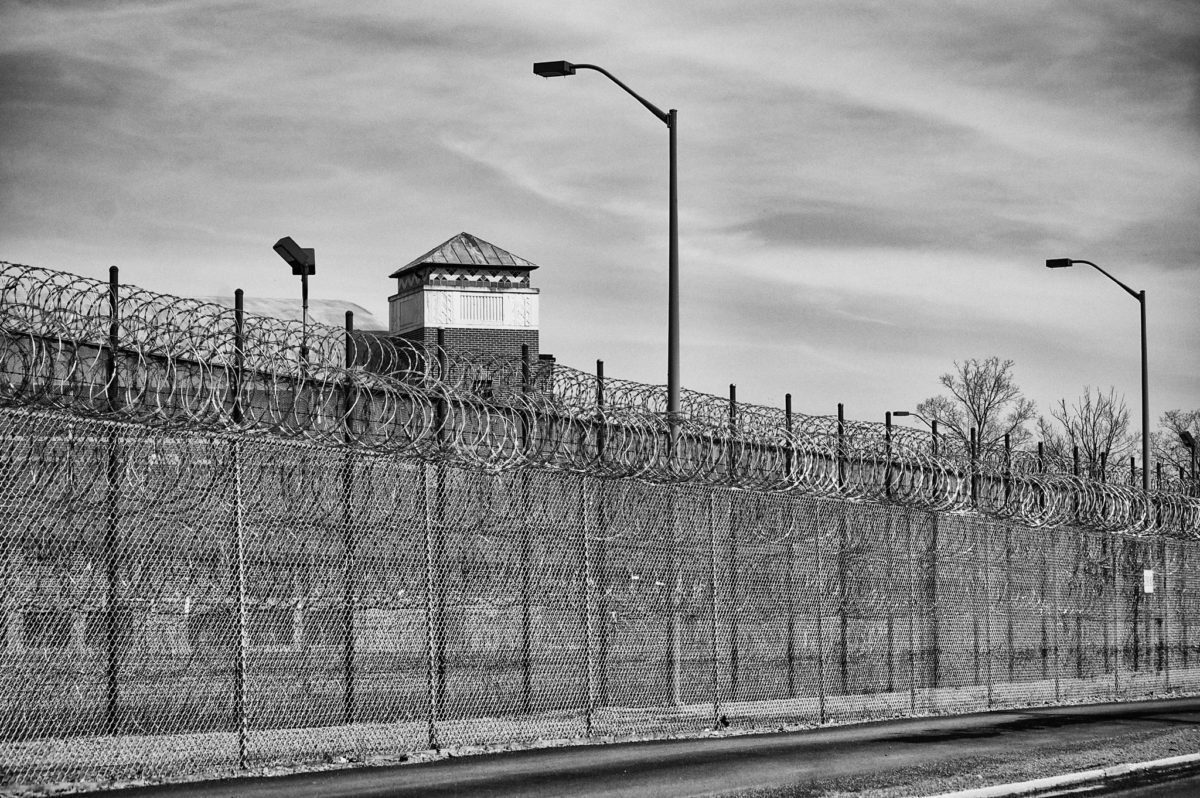
Legislation targeting transgender people behind bars is part of a much broader campaign against LGBTQ rights. Advocates say the measures could preview future attacks by the anti-trans movement.

For the past seven summers, I have lived in solitary confinement without air conditioning. A trip to medical during a heat wave helped put the climate crisis into perspective.
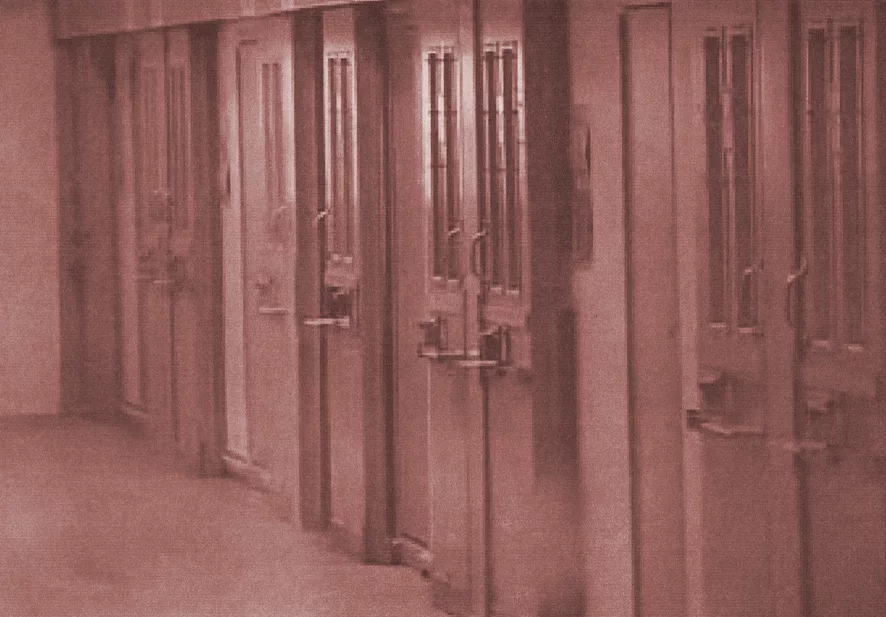
Ten years ago this month, nearly 29,000 people in California prisons staged a hunger strike to protest solitary confinement.
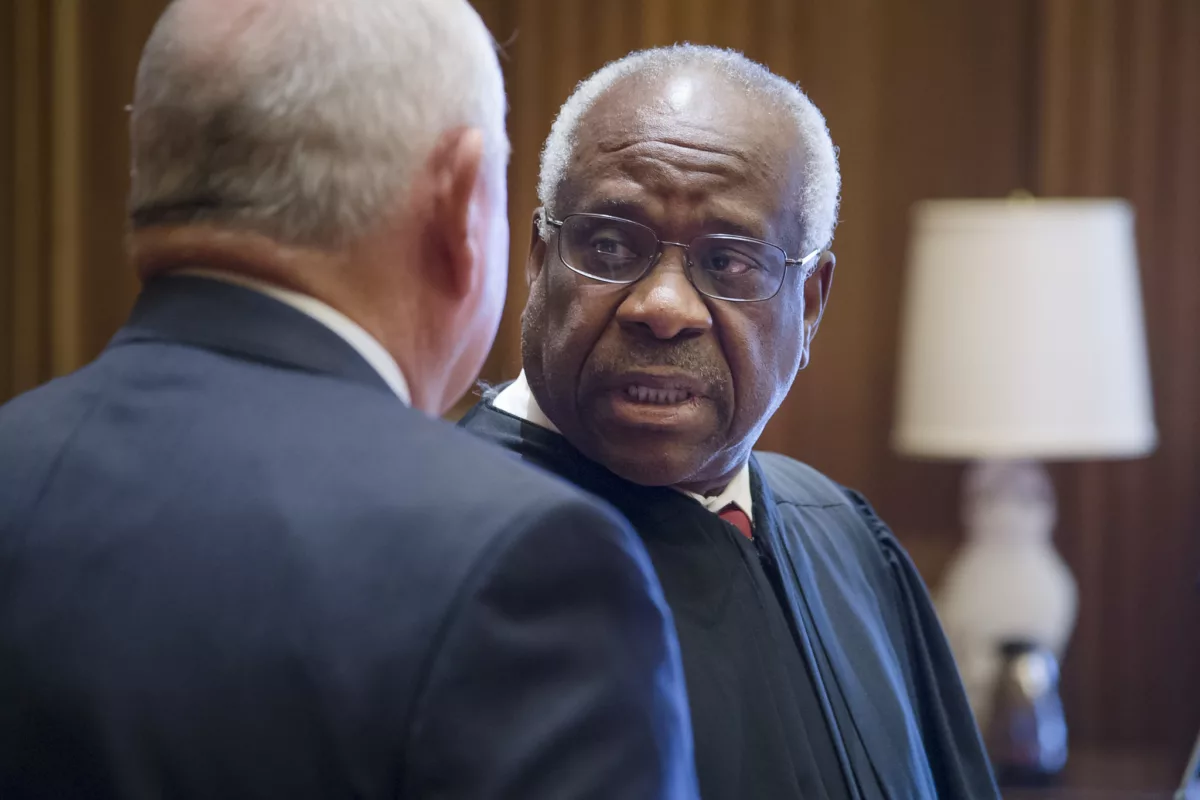
In June, the U.S. Supreme Court ruled that, in some instances, incarcerated people can be barred from filing multiple claims of innocence, even if they did not commit the crime for which they’re in prison. Federal defense attorneys told The Appeal the ruling is already causing harm.
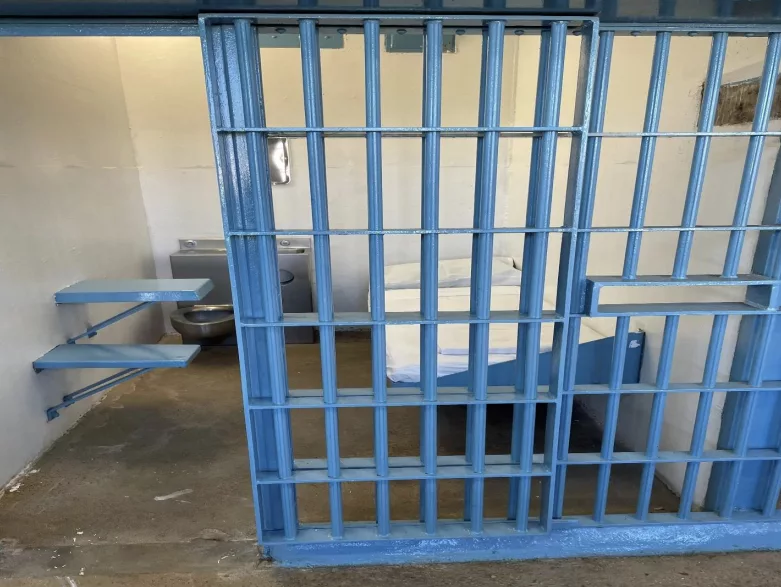
With heat indexes in the area regularly hitting triple digits, children incarcerated at Louisiana’s Angola prison have been locked in windowless cells for nearly 24 hours a day. One medical expert says the conditions put lives at risk.
The conditions I faced were outrageous. But the prison administration’s justification for keeping me in the hole was even worse.
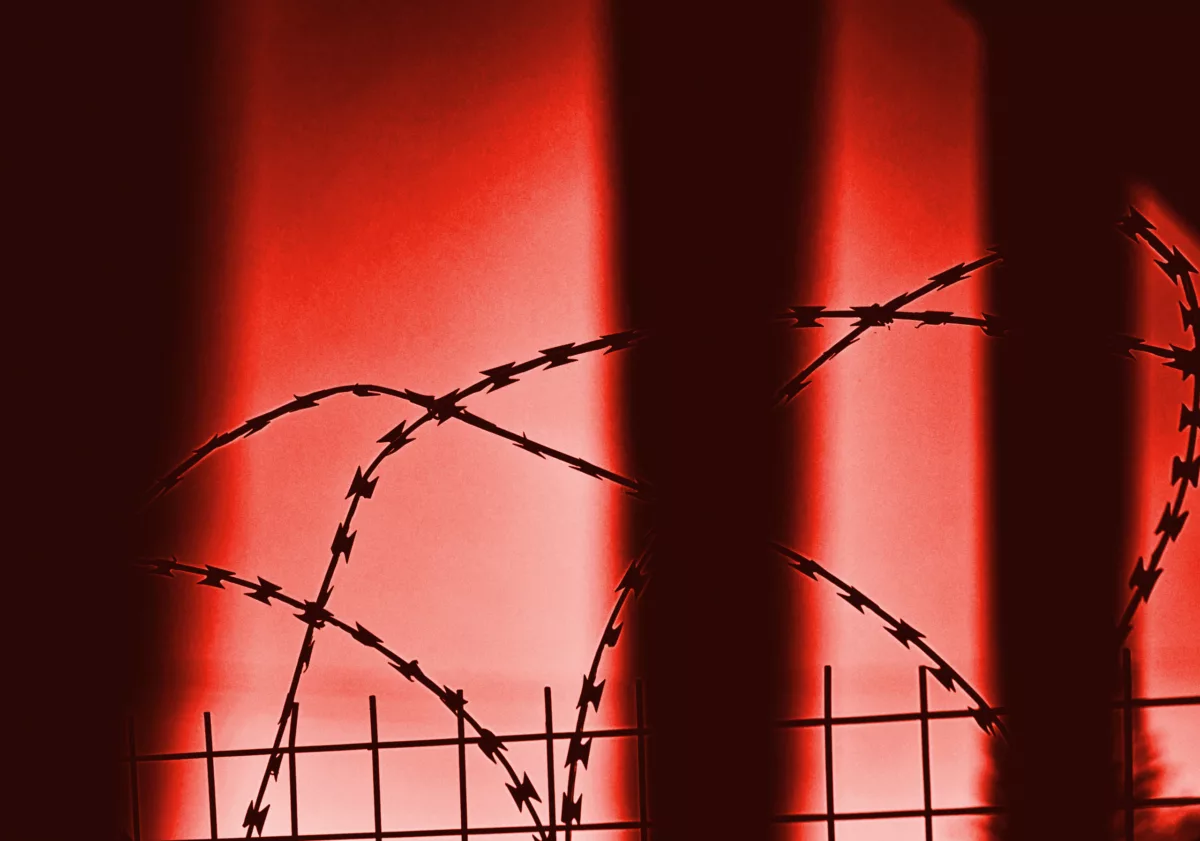
Lacino Hamilton spent 26 years in prison for a murder he didn’t commit before being exonerated in 2020 after DNA evidence cleared him.
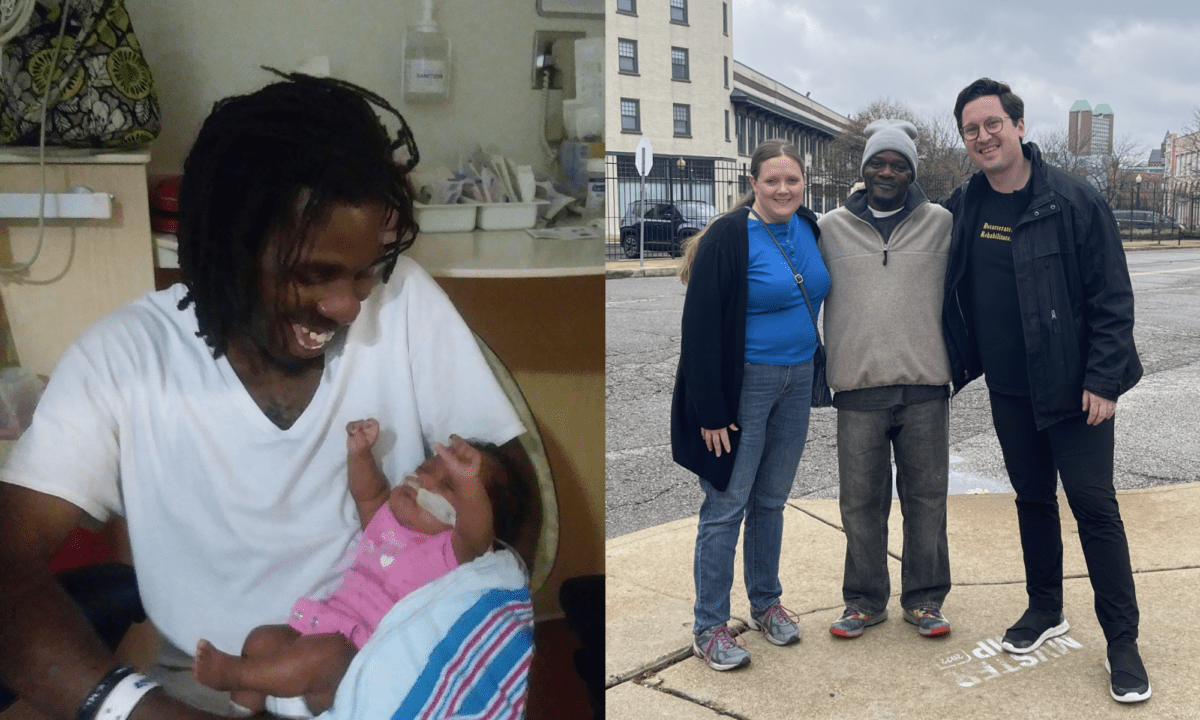
An investigation by The Appeal and the Yale Investigative Reporting Lab reveals how prosecutors use the state’s felony murder statute to imprison people who say they acted in self-defense. The majority of those convicted under the law since 2010 are Black. “I had to take the plea because they’re using this law to get people to stay locked up,” one man said.

The phrase “toxic masculinity” is ubiquitous these days, but there are few places where it’s more all-consuming than in a men’s prison
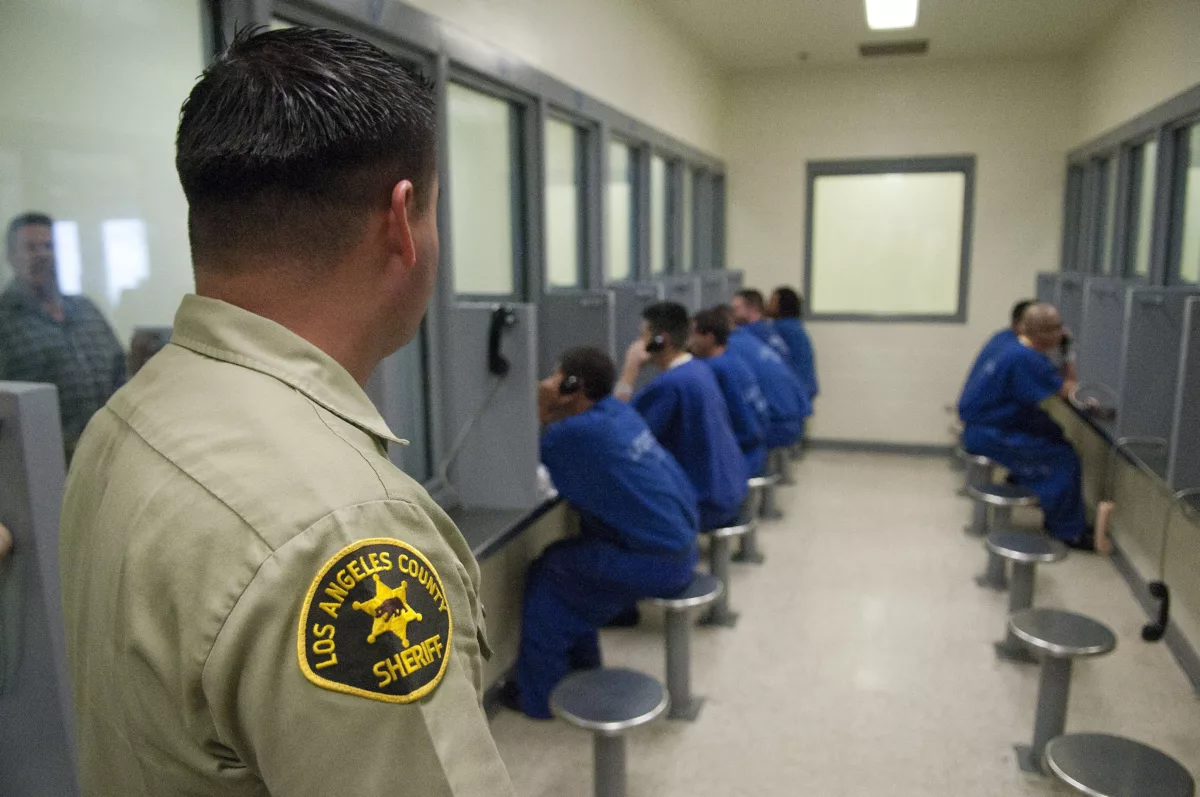
The American Civil Liberties Union of Southern California has taken legal action against the Los Angeles County Sheriff’s Department to stop deputies from hitting incarcerated people in the head so often. Yesterday, LASD said it should not be forced to change.

More than 150 detention facilities experienced “hazardous” air last week, according to an analysis by The Appeal. As wildfires have gotten worse, prisoners are facing a unique threat.
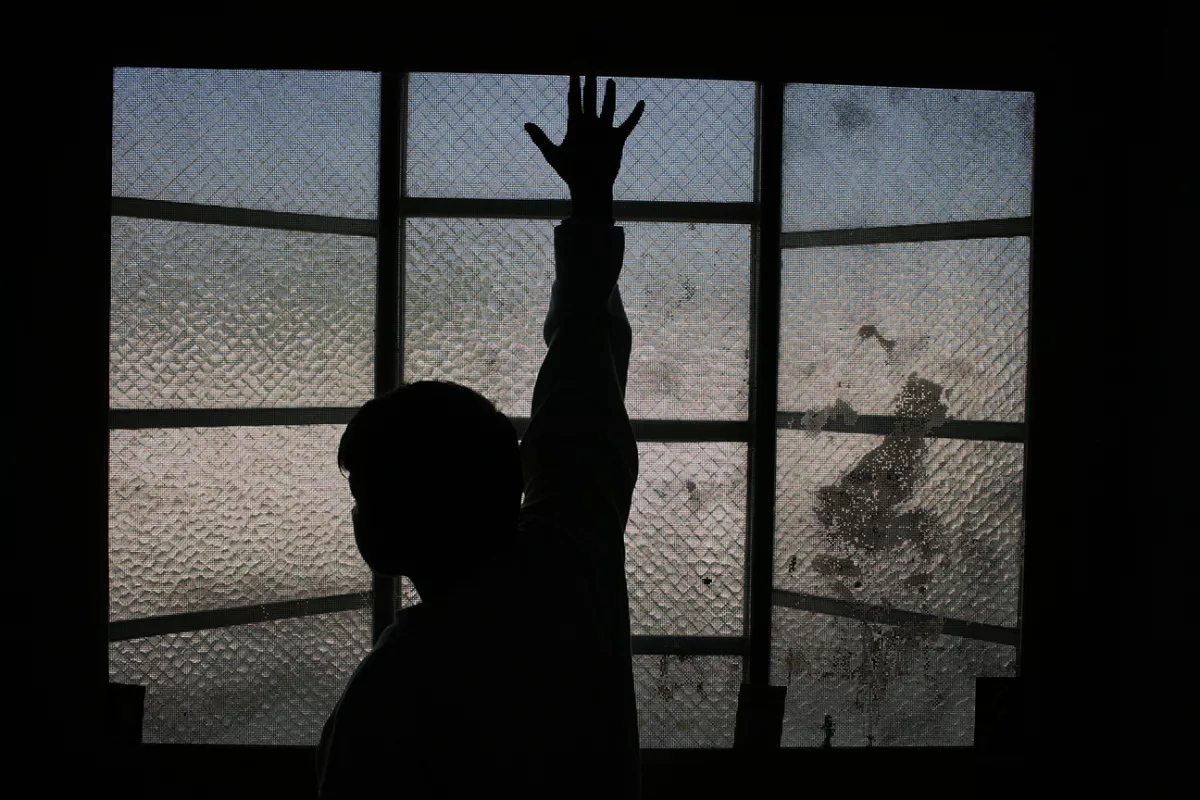
The third installment in The Imprint’s series on the fight to close California’s youth prisons.

David Shipley tells Phillip A. Jones, who has spent more than 30 years in U.S. prisons, about his experiences in a British “open prison.”
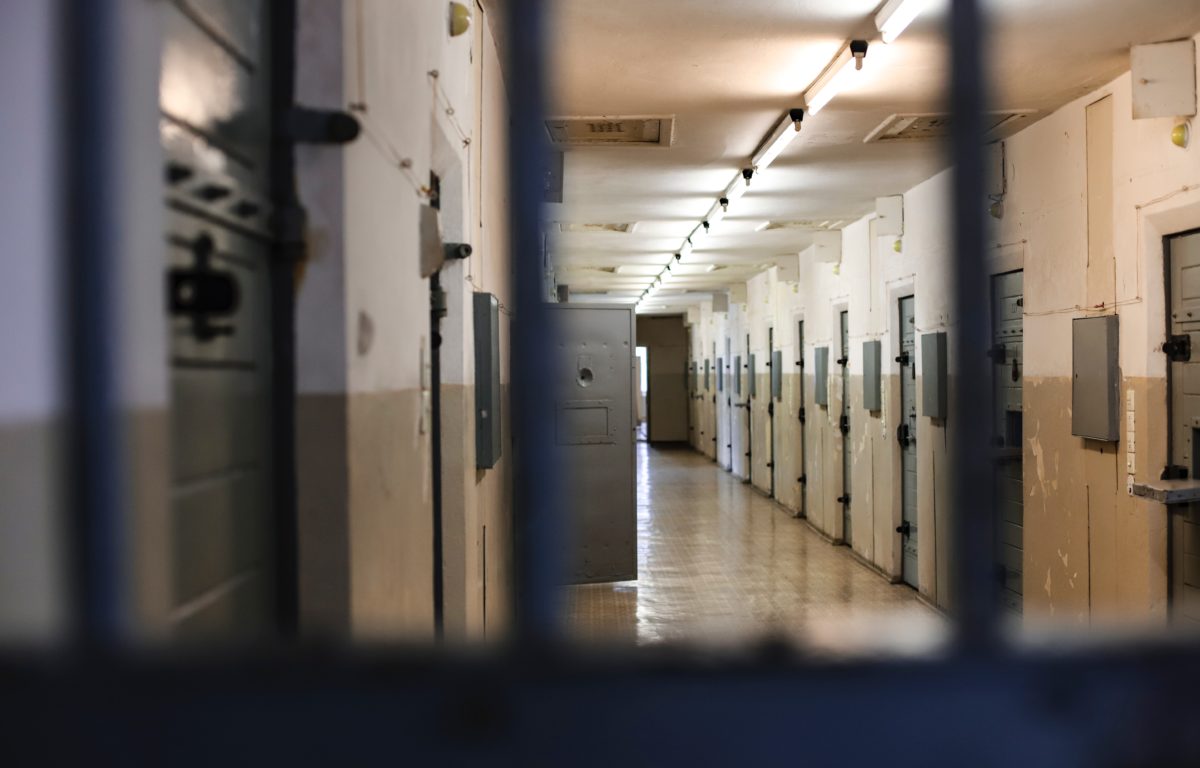
Youth in solitary confinement wrote letters to save their lives. One lawyer responded.
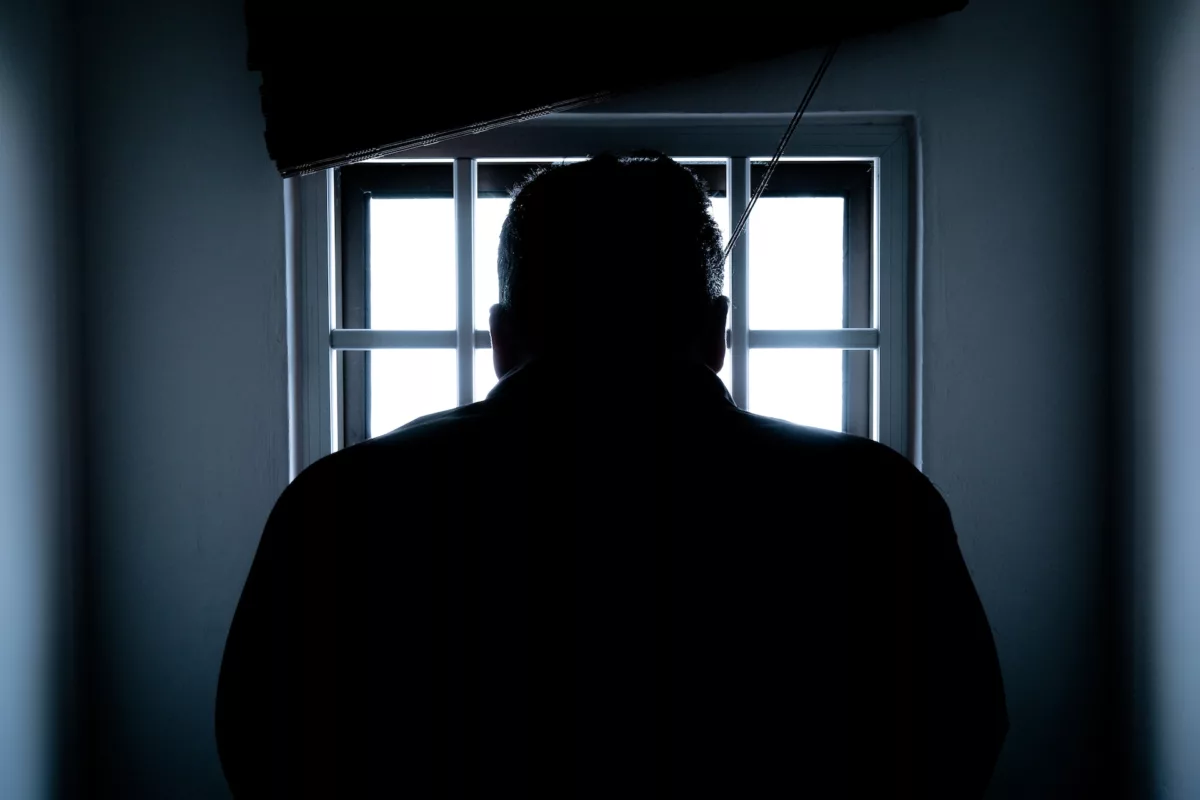
Incarcerated writer Nick Hacheney is getting ready to leave after being incarcerated for more than 20 years. He’s glad he’ll have his freedom—but he’s also worried about the lack of care for longtime prisoners, the trauma he’s endured, and what the world outside holds.
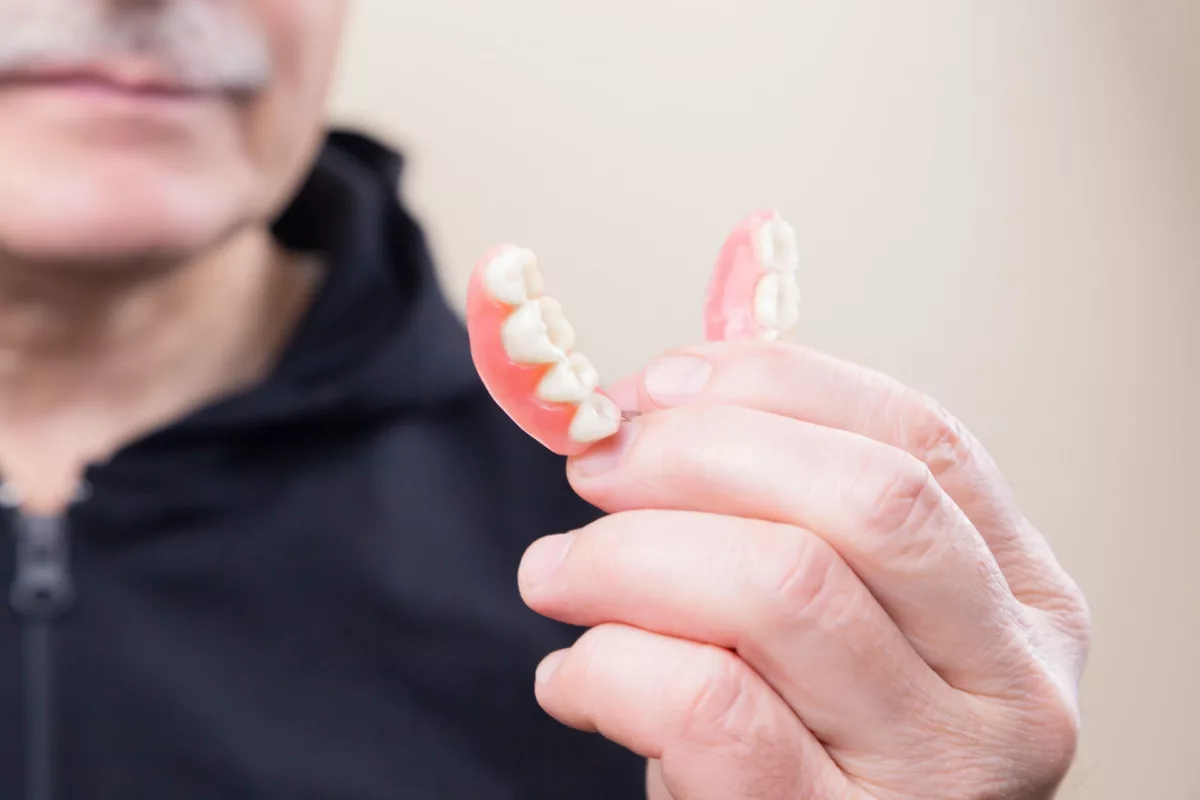
Incarcerated people in Massachusetts told The Appeal they’ve had to wait years just for Wellpath, the state’s prison medical provider, to give them dentures or basic dental care. Next year, Wellpath’s contract with the state expires, and advocates say they hope it’s not renewed.
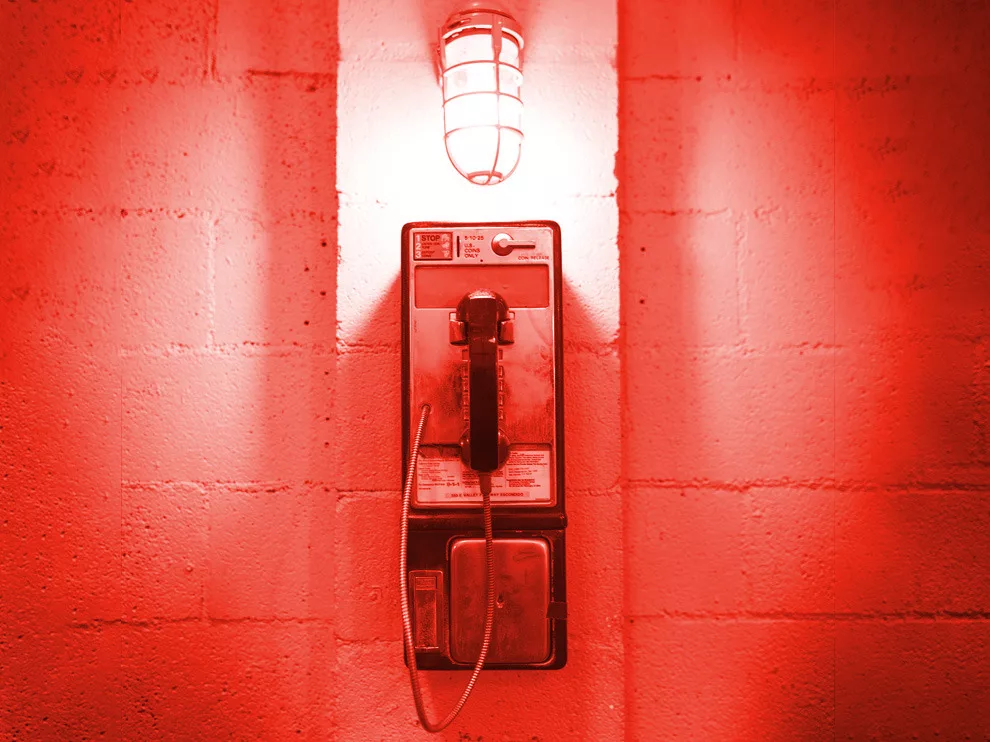
Months-long outages, equipment shortages, and unreliable service have plagued the roll out of new telecoms contract in California prisons.

A preliminary injunction issued this week forbids officials from forcing people charged with low-level offenses to remain in jail because they cannot afford bail.
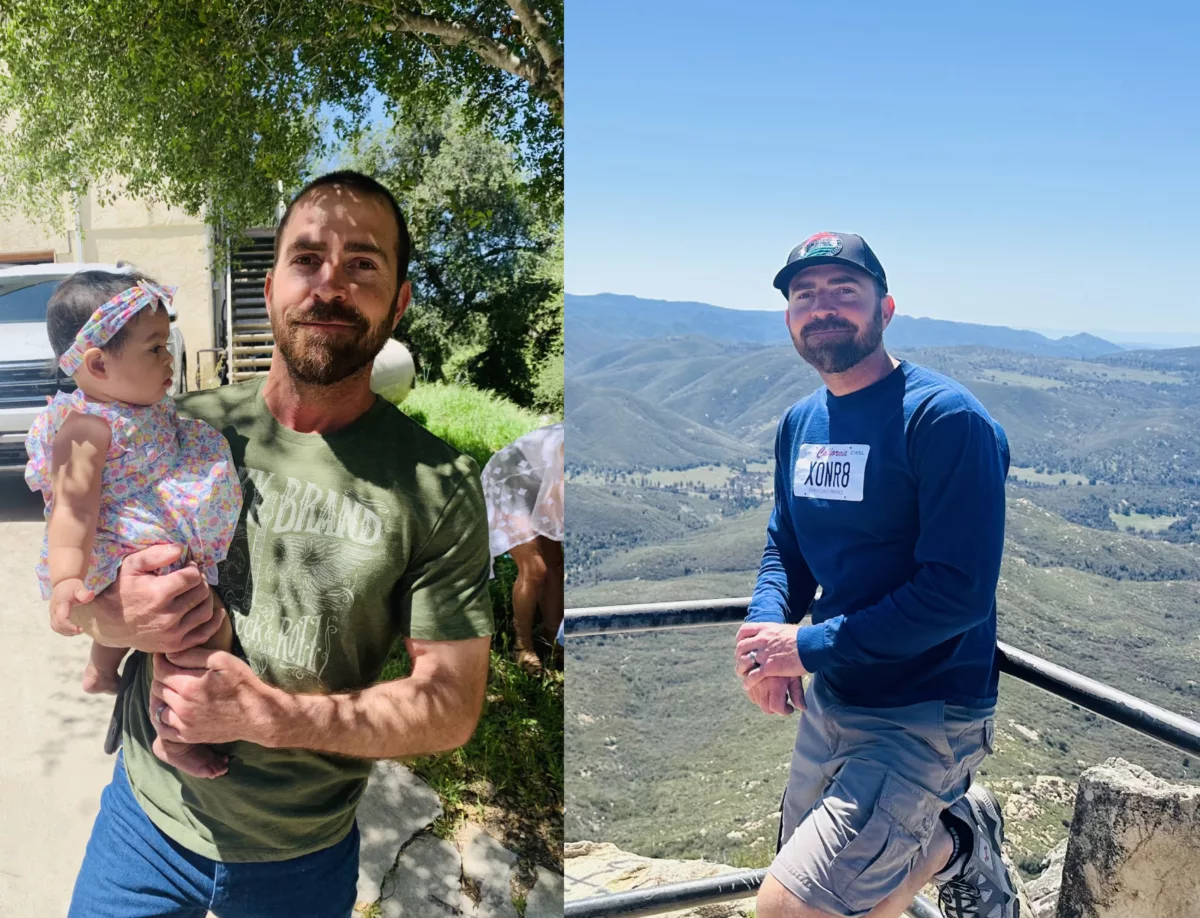
Uriah Courtney was sentenced to life in prison for a crime he didn’t commit. His conviction was overturned due to DNA evidence.
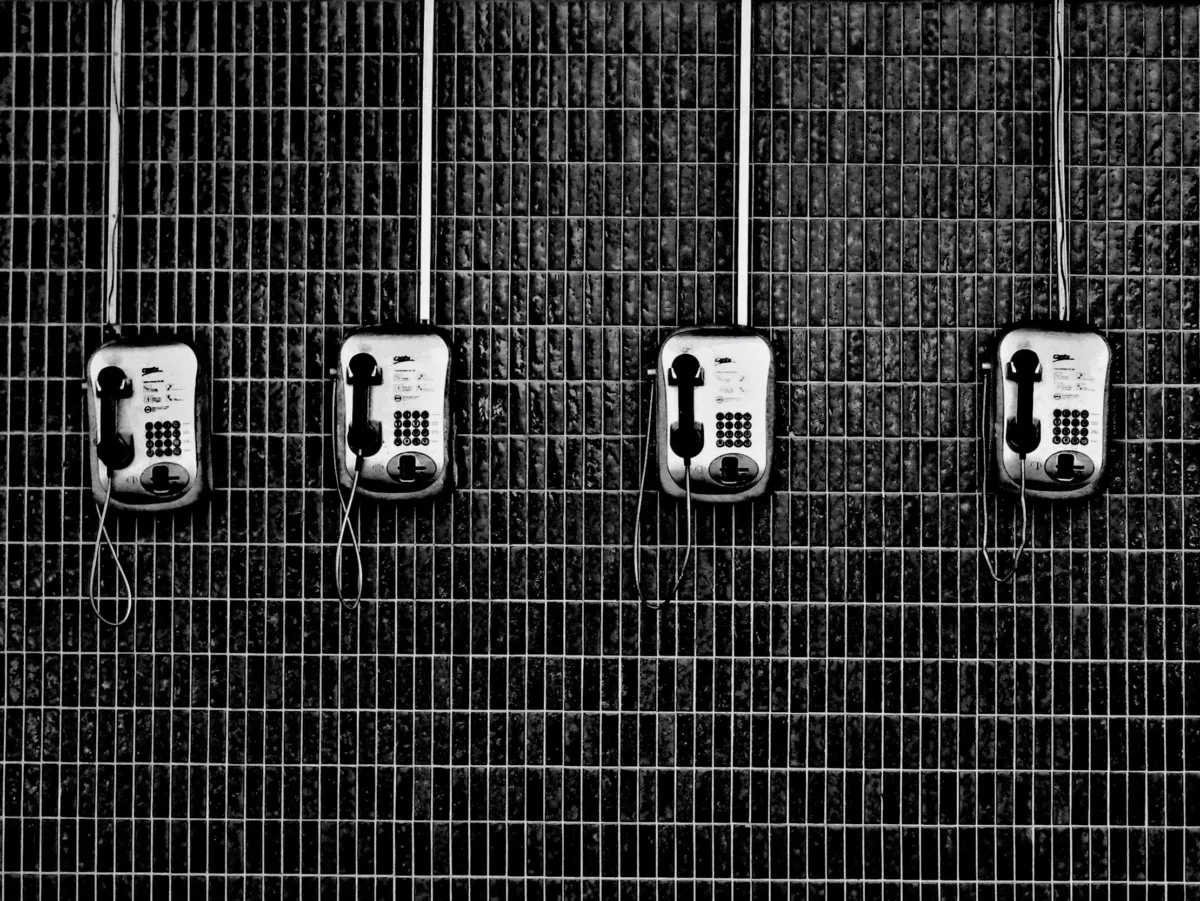
JShawn Guess recounts how being unable to earn money while in prison led to him missing out on his final moments with his mom.

The severe restrictions I face while on supervision effectively serve as a ban on stable housing. The terms of this arrangement have left me technically homeless, forced to live in a motel.

Legislation signed by Bill Clinton makes it nearly impossible for people in prison to have their cases heard in court.
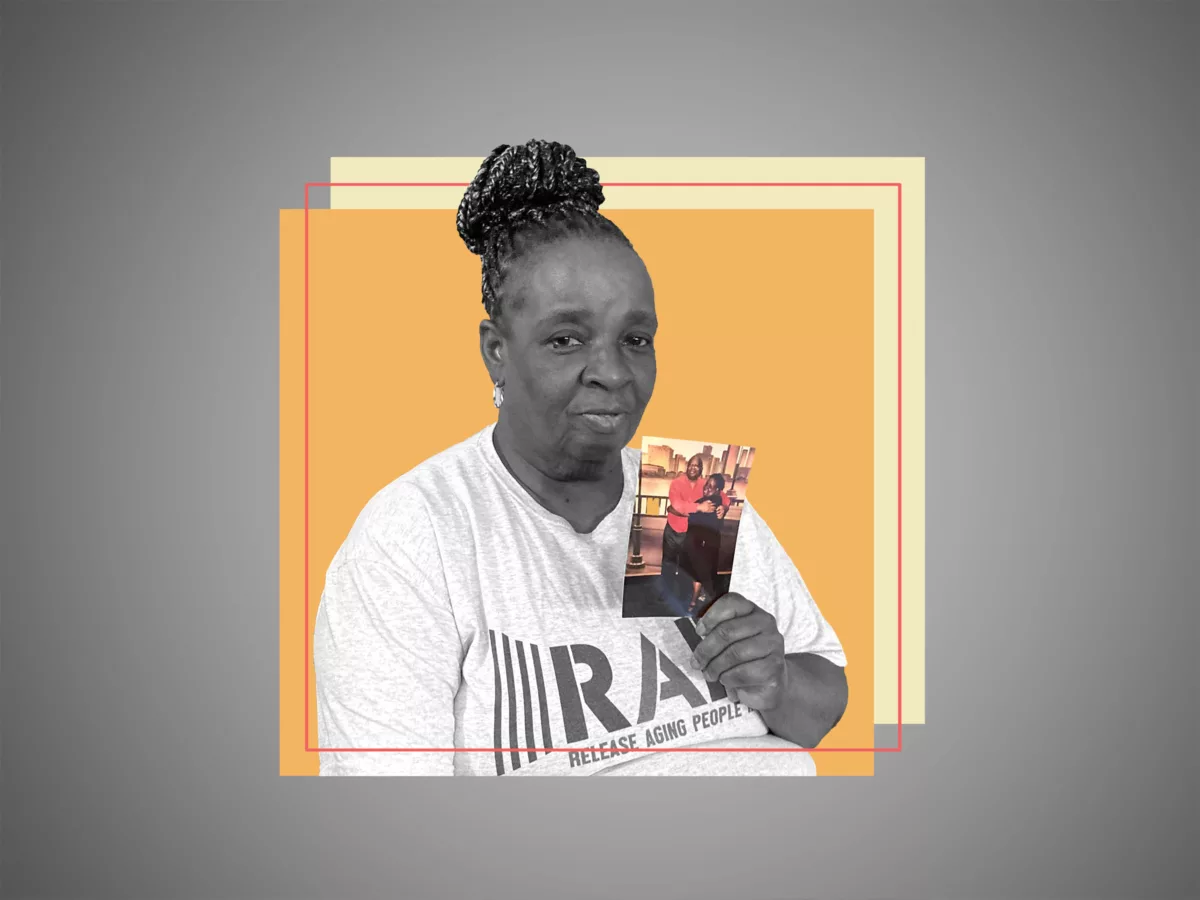
Prisons are ill-equipped to handle their aging population, which has tripled in the past two decades.

Federal lawmakers are asking the National Institute of Mental Health to research the condition—also known as post-incarceration syndrome—and share its findings with lawmakers.
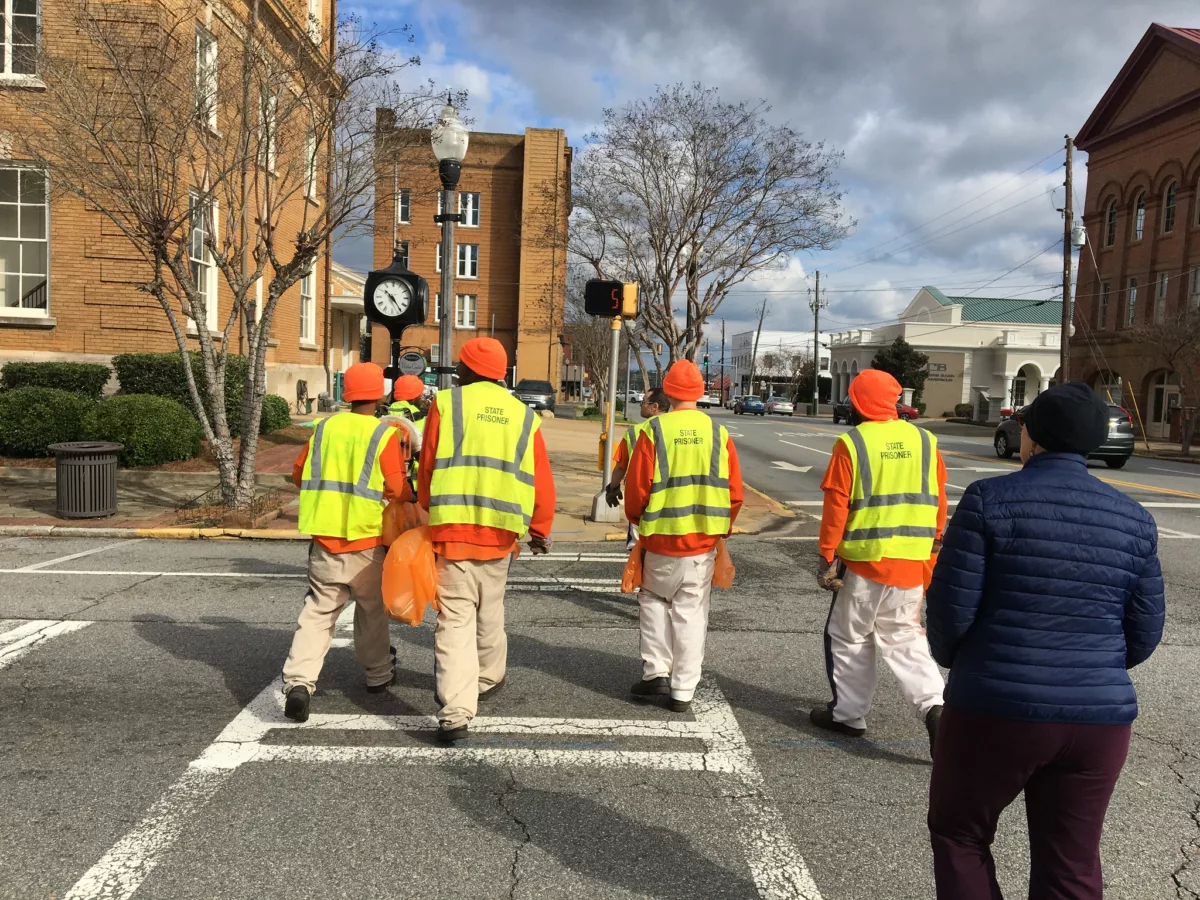
Inside the towering walls and razor wire fences of U.S. prisons, slavery remains legal—and it is carried out with little oversight, often under horrific conditions.
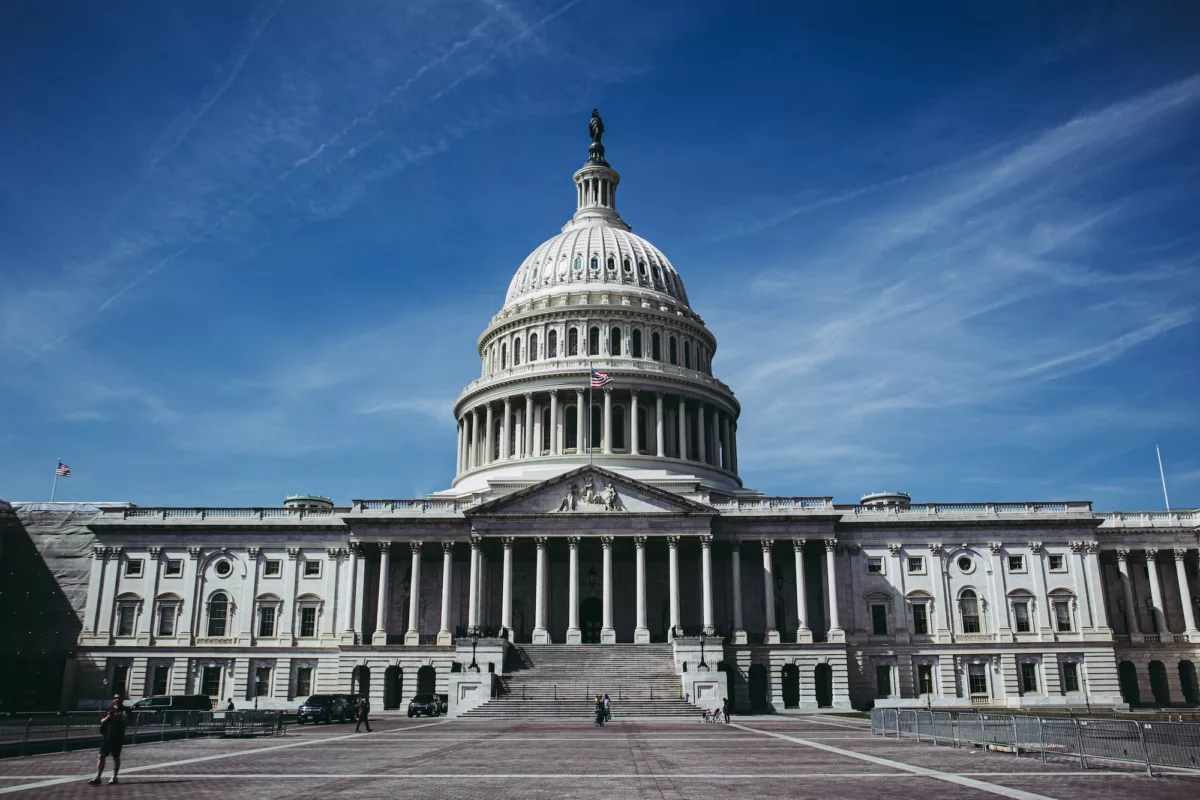
Legislation introduced this week follows a string of reports, including in The Appeal, that have revealed widespread sexual abuse and misconduct at Bureau of Prisons facilities.

In Illinois alone, around 500 people are currently serving first-degree felony murder sentences for killings they did not commit themselves or intend to commit. Reform efforts must consider past injustices as well as future abuses.
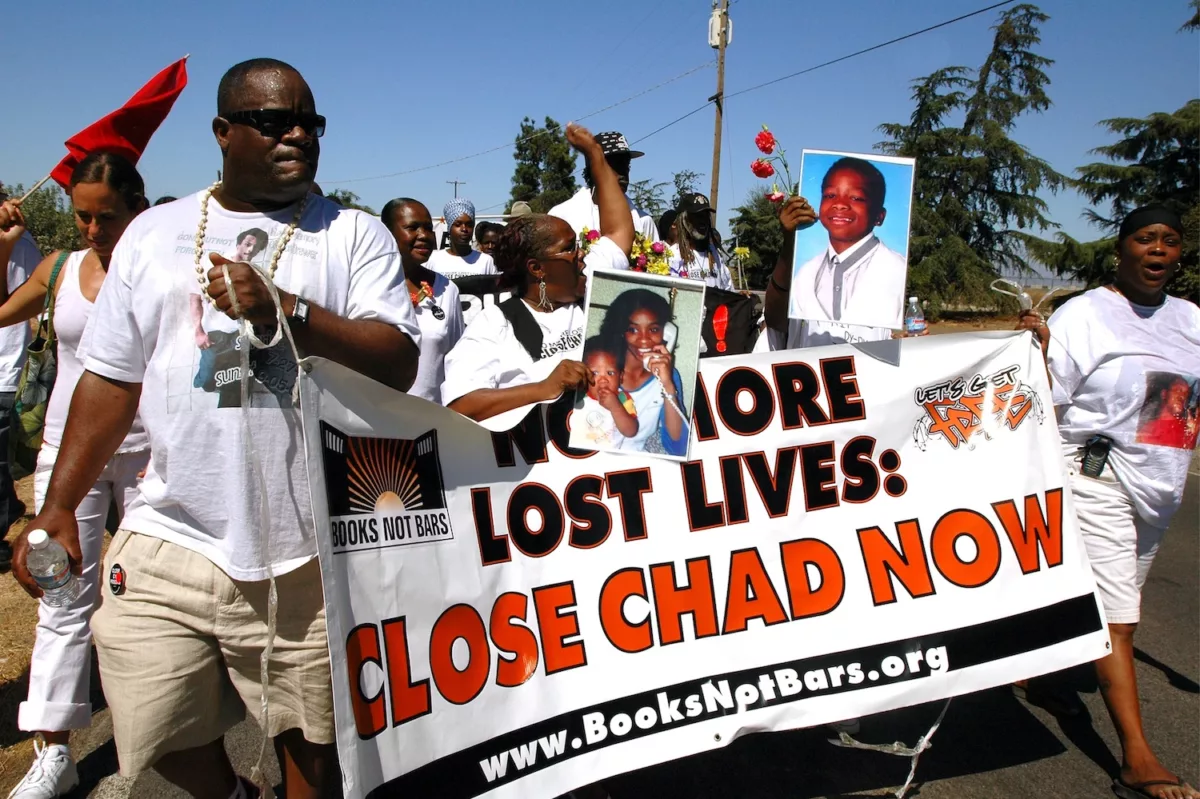
How a scrappy group of parents played a key but lesser-known role in the pending closure of the Division of Juvenile Justice

Issues of mismanagement and sexual misconduct have put federal women’s prisons in the spotlight. But one scandal-plagued facility—FCI Tallahassee—has escaped serious scrutiny, even as an Appeal investigation reveals an ongoing history of sexual violence, retaliation, and other constitutional abuses that have left prisoners living in fear.
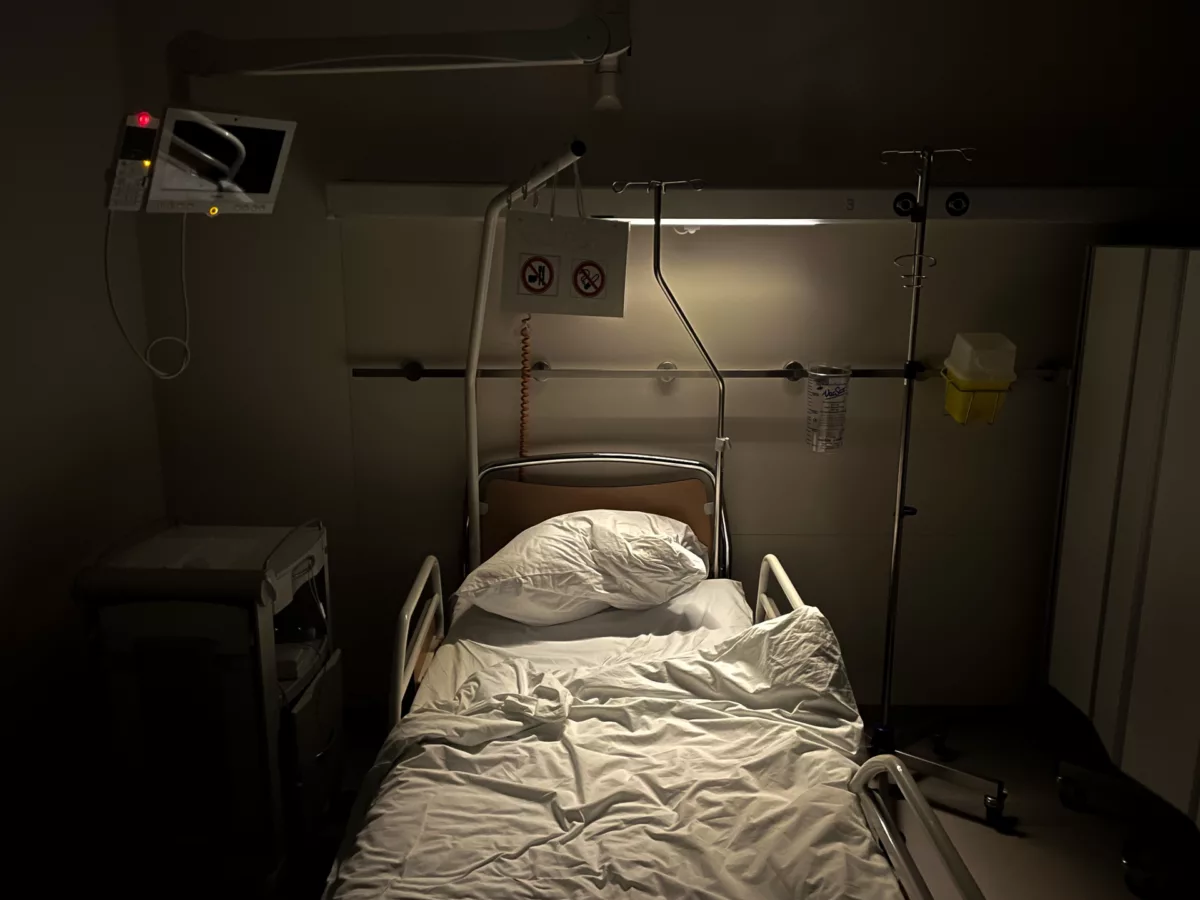
Four years after a settlement agreement that was meant to compel improvements, the Illinois Department of Corrections is still failing to provide adequate care for the state’s oldest and sickest prisoners.
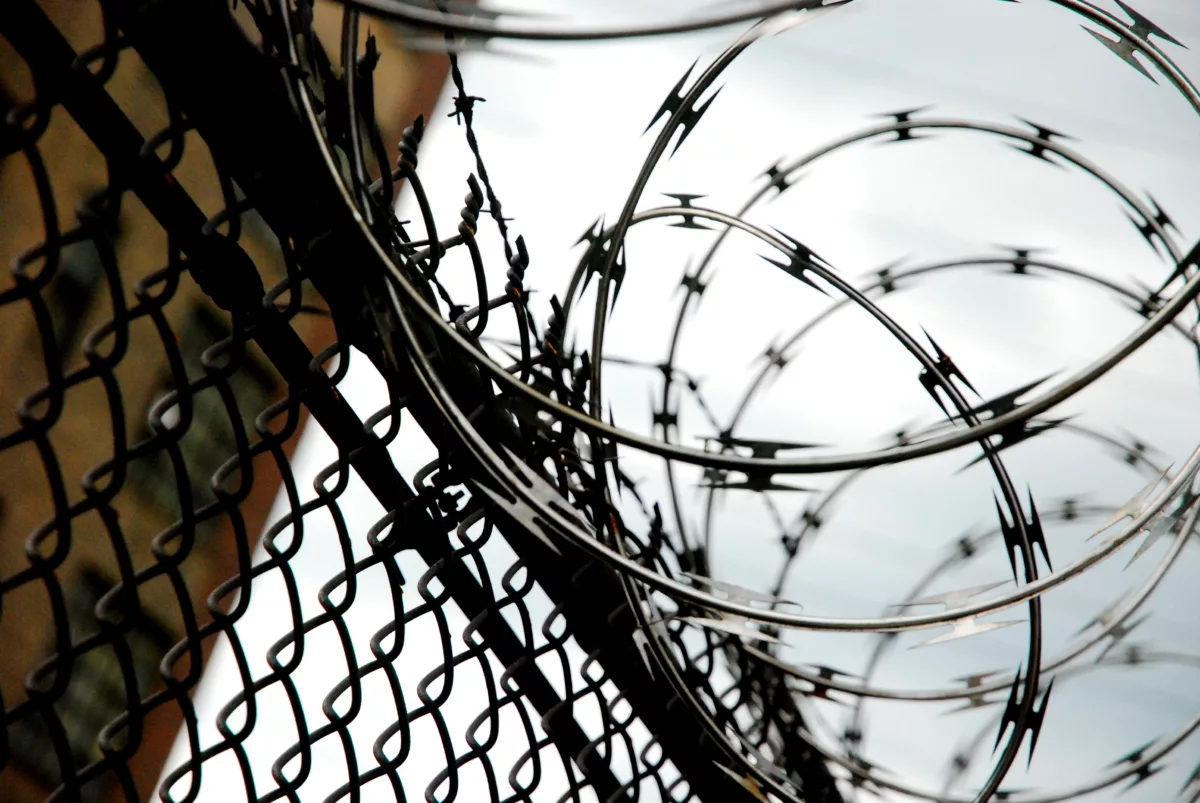
A trans woman mutilated herself in a New Jersey men’s prison after officials refused to transfer her to a women’s facility.
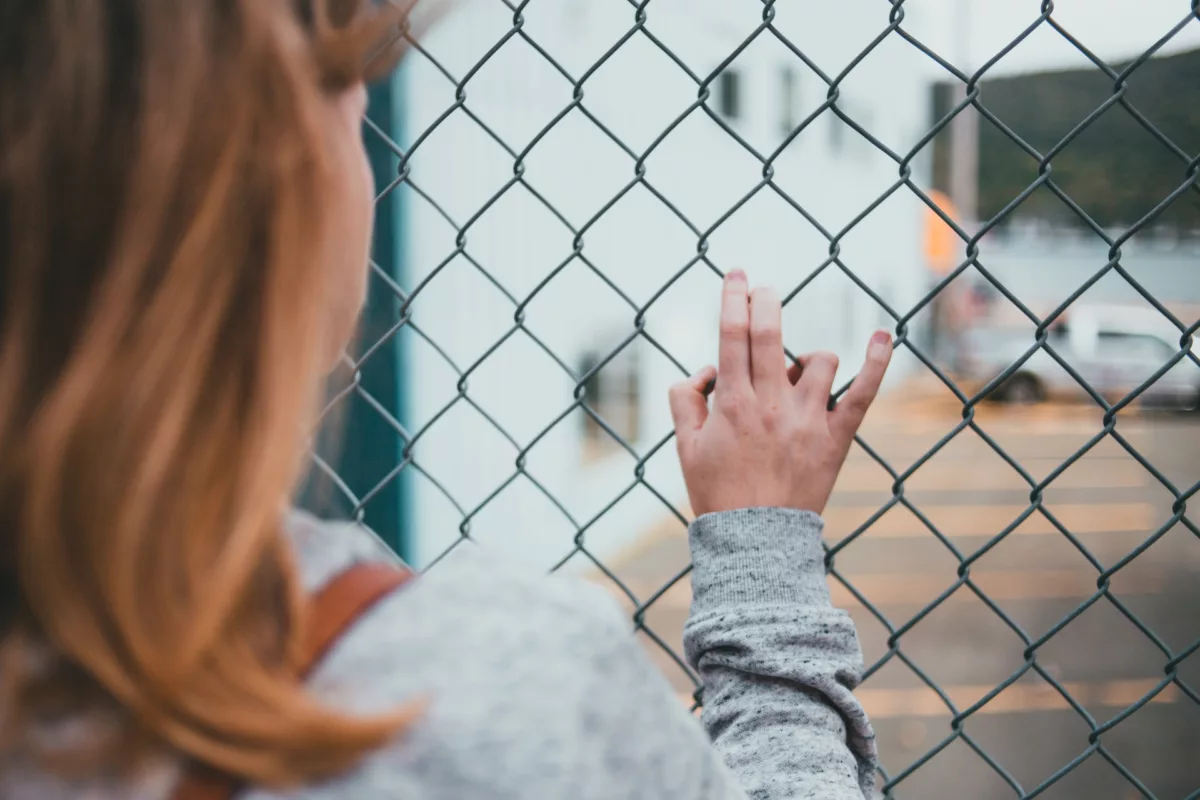
New York’s Adult Survivors Act briefly waives the statute of limitations to file sexual abuse lawsuits. Some of New York’s imprisoned women are risking retaliation from guards in order to file cases alleging horrific treatment at the hands of the state.

Criminal background checks have become nearly ubiquitous in many settings. But experts warn that reports can be deeply inaccurate, with some records databases containing “phantom crimes” that appear nowhere else in public record.
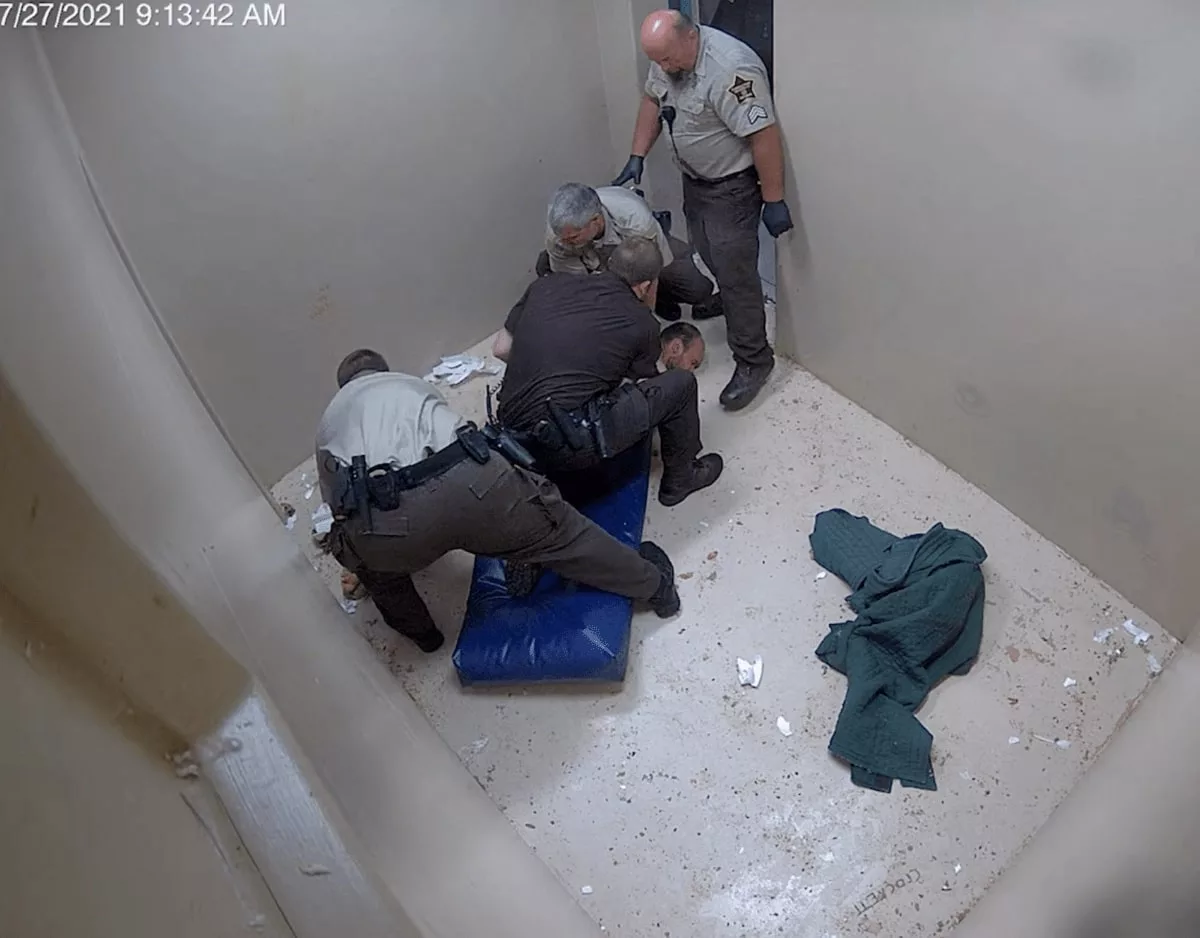
Graphic video footage obtained by The Appeal shows 29-year-old Joshua McLemore wasting away and rolling in his own waste in the Jackson County Jail before eventually dying of malnutrition.

I don’t know if I’ll ever receive the resentencing hearing I was once promised, but I do know this system must change.

Ron DeSantis called in the National Guard to staff Florida prisons. The staffing shortage is hurting incarcerated people.

South Florida’s political leaders have celebrated their commitment to the unhoused—but won’t admit that those placed on offense registries are increasingly becoming unhoused.
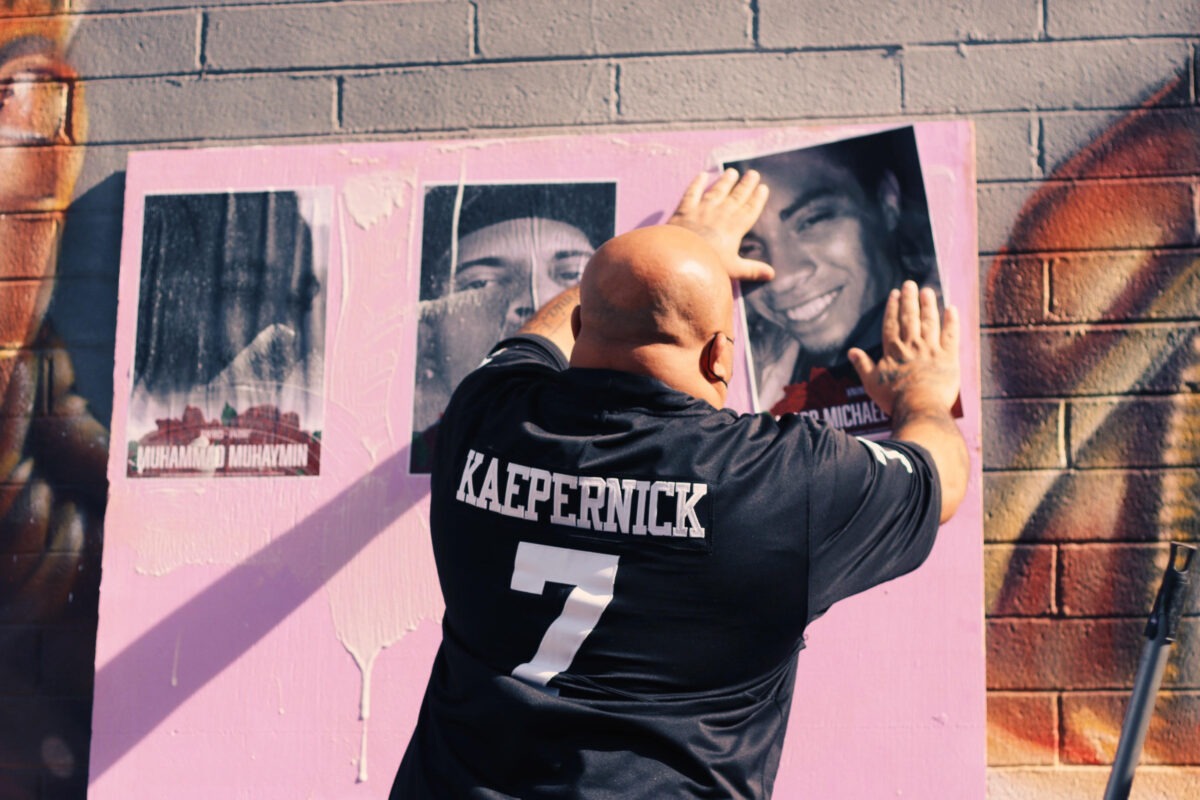
It’s been four years since a Phoenix police officer killed Jacob Harris. Records obtained by The Appeal show officials have made inconsistent or false statements about the night police killed him. As Harris’s friends grow up behind bars, his father won’t stop until he gets justice for his son.
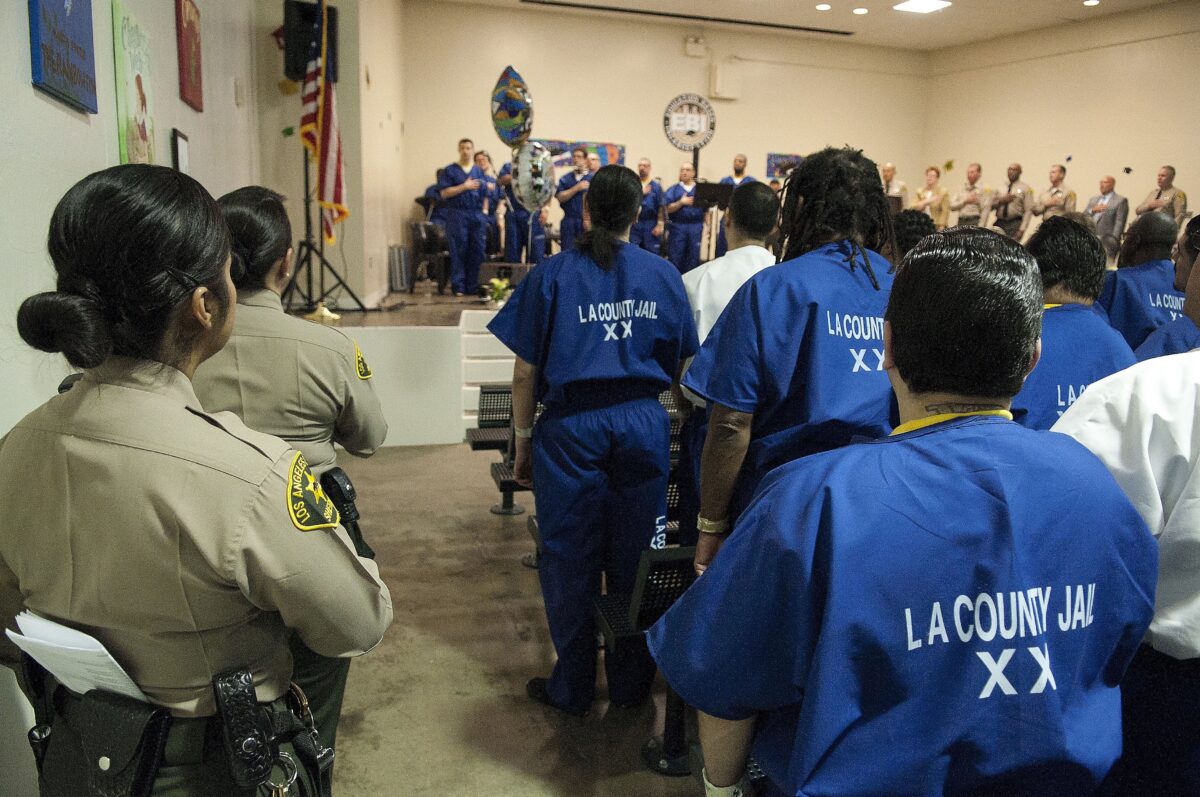
America’s largest county has launched numerous initiatives to shrink its jail population and divert people with mental illness from jail entirely. Here’s an explainer on what the major initiatives are and what, if any, progress has been made.